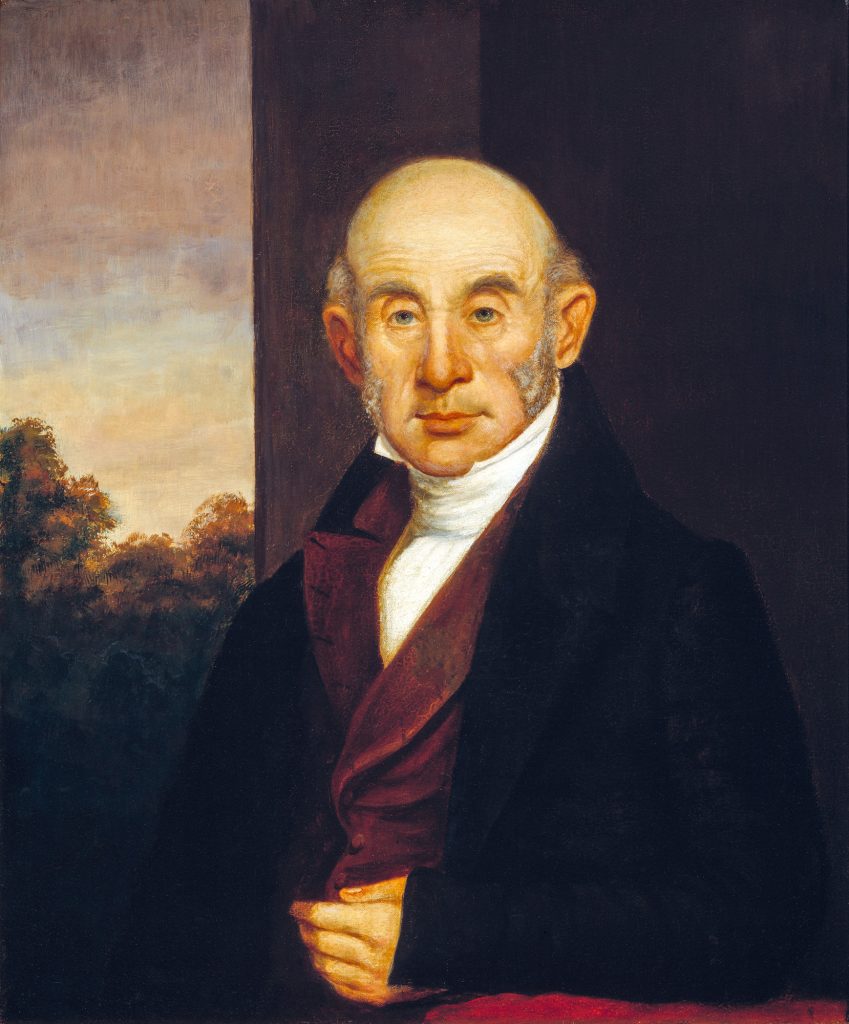Born in Zamosc, Poland, Mordecai Mordecai Cohen arrived in Charleston in 1788 as a young man of 25. Within just a few years, he had declared his intention to stay by filing for naturalization as an American citizen. Working initially as a peddler, Cohen moved swiftly up the ladder of success, becoming in turn a shopkeeper, a merchant, and then a planter. Eventually, he was one of the wealthiest men in Charleston and well established among the state’s planter elite. Cohen leveraged his mercantile expertise into real estate, acquiring vast properties in both North and South Carolina. Most prominent among his numerous properties were a plantation on the Ashley River and a three-story brick townhouse. He was also active in the trading of slaves, executing 27 trades between 1795 and 1838. His acumen won him appointment to numerous corporate and civic boards, including that of the Wilmington & Raleigh Railroad, as well as the Poor House and the Charleston Orphan House. At the time of Lafayette’s visit to Charleston in 1825, city leaders prevailed upon him to lend his elegant gold and silver plate for use in entertaining the general.
In 1795 Cohen married seventeen-year-old Leah Lazarus, daughter of Marks Lazarus, scion of a prominent Sephardic family in Charleston. They would have eleven children, of whom eight—including daughters Cornelia and Lucretia, and sons Marx Edwin and David Daniel—survived to adulthood.
